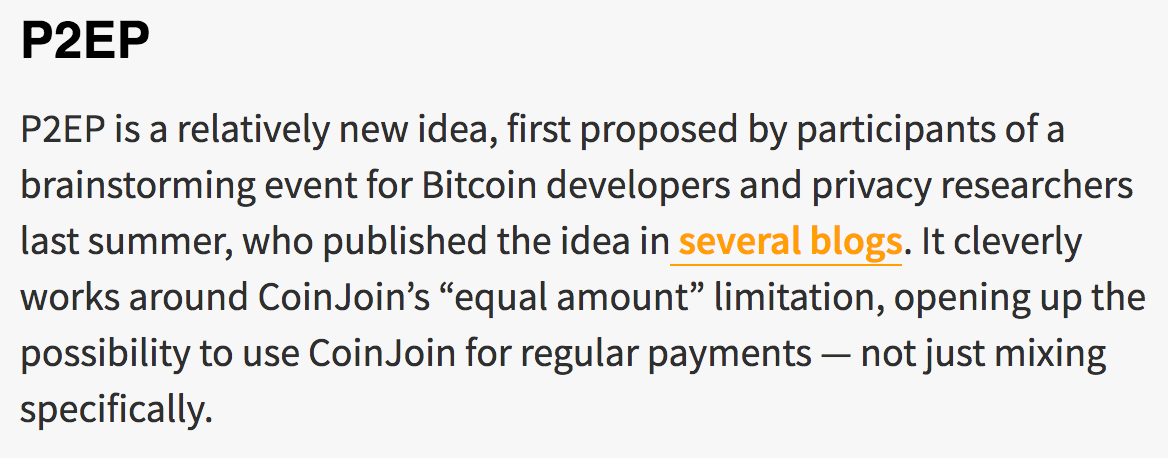
10 Years Of Bitcoin
I'll spare you freaks the long-winded spiel on the 10th anniversary because I was too high-time preferred and wrote that piece in October for the white paper's birthday. I just reread it. It's pretty good. You can read it and pretend I published it today if you'd like.

Ten years since the Genesis Block is still awesome though. Shoutout to BitMex for going full Chad and splashing Bitcoin all over The Times today. Very big boss move.


I've said it once and I'll say it again. I believe fungibility will be the next big "battle" that Bitcoiners face as we attempt to scale and make the protocol as efficient as possible while affording every user in the world an acceptable degree of privacy. Bitcoin's current level of fungibility is admittedly atrocious and may be the Achilles heel of the project at this point in time. The question of fungibility and, by extension, anonymity has been discussed since the very early days of Bitcoin.
Looking at ways to add more anonymity to bitcoin
— halfin (@halfin) January 21, 2009
RIP Hal. Can't wait to unfreeze your ass.
Luckily, as time has passed (A FULL DECADE), slowly but surely, creative schemes designed to obfuscate on-chain transactions in their current form have emerged, improved, and gained usage. More rapidly over the last 12 months. The latest improvement on this path to an acceptable degree of fungibility is P2EP (pay-to-endpoint) transactions, which utilize CoinJoins in a way that they haven't before. P2EP transactions will do an incredible job of throwing chain analysis companies out of whack as they destroy the heuristics they use to track users on the Bitcoin blockchain.
I am not even going to attempt to jump into the details of how a P2EP transaction works because our friend Aaron van Wirdum has already done that in a digestible way. I highly recommend you check out the piece he dropped on New Year's Eve if you get a chance.
Again, it's great to see innovation at the wallet UX level working within the current parameters of the protocol making Bitcoin more fungible for its users. This is extremely encouraging because it gives me hope that we may not have to implement a future protocol change that makes the protocol so fungible that we won't be able to audit the supply. Hopefully, through time, we can design unique transaction schemes - while continuing to improve overall UX - that make it extremely difficult to track individual users while maintaining the ability to audit the supply.
Just the musings of a dunce.
Final thought...
There are few things worse than racing past people, rushing to the subway turnstile, swiping your MTA card only to get denied by the robot and take a stiff piece of metal to the hip as the person behind you begins to attempt to swipe their card.